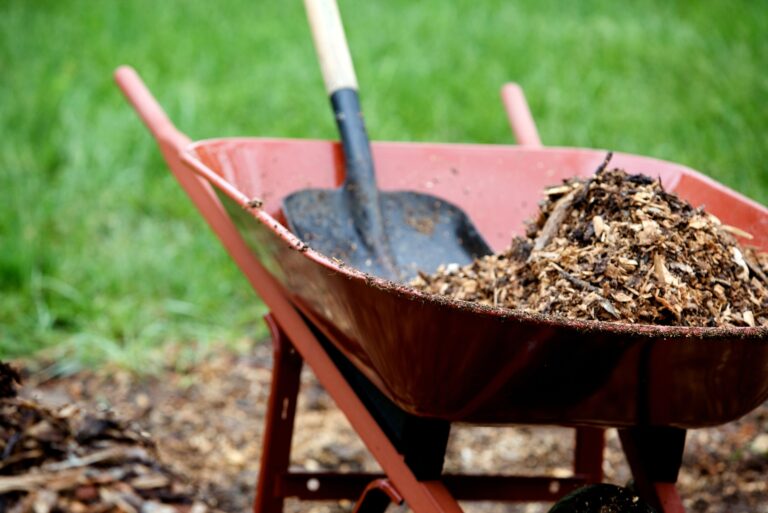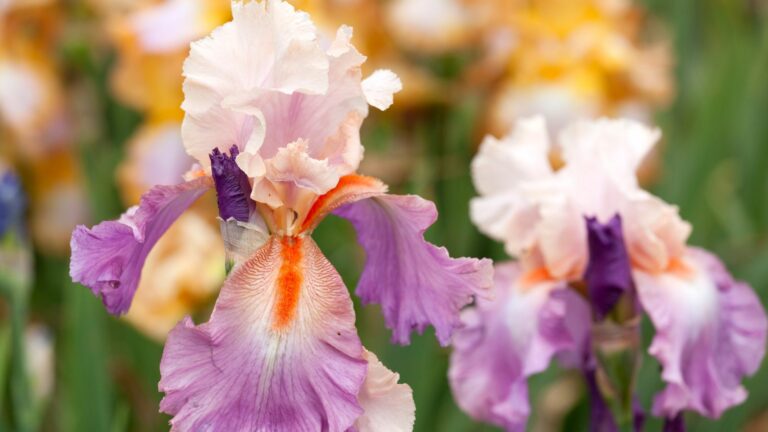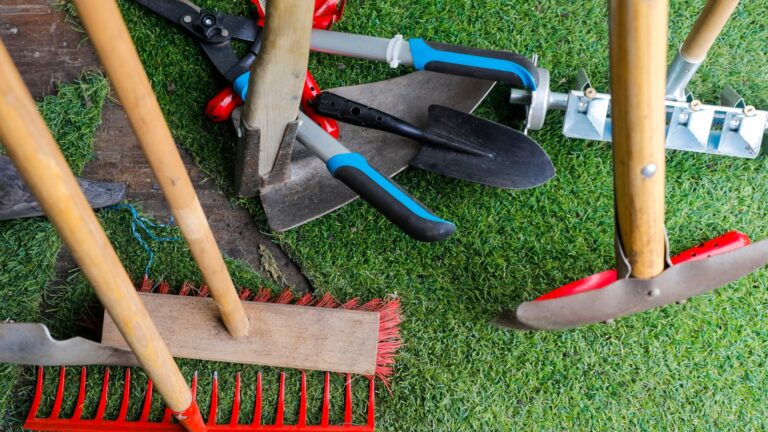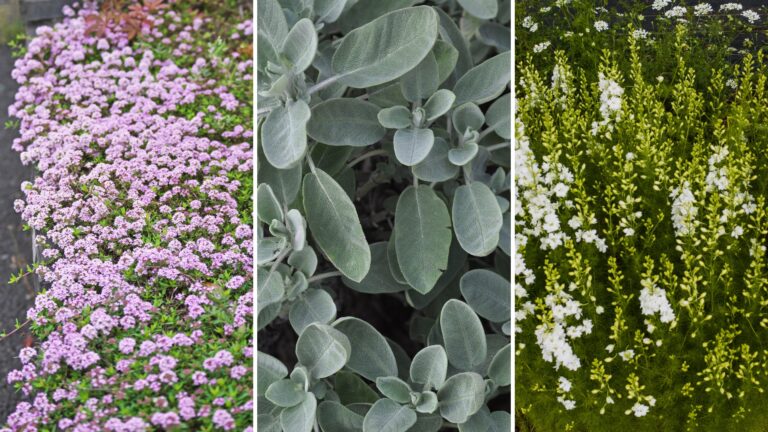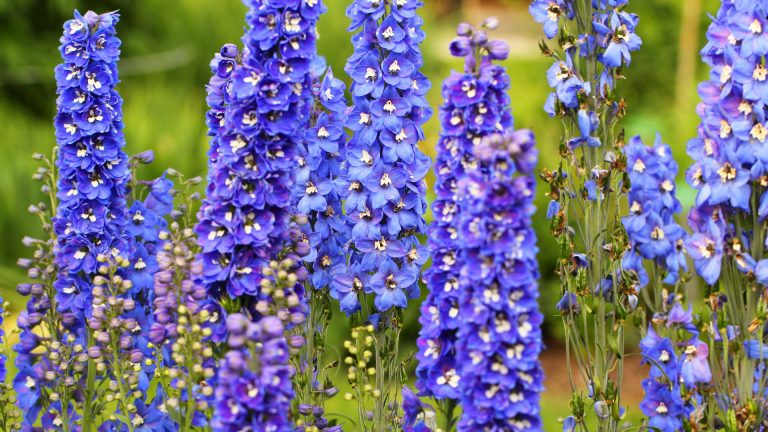9 Landscaping Trends Massachusetts Homeowners Hope Never Come Back
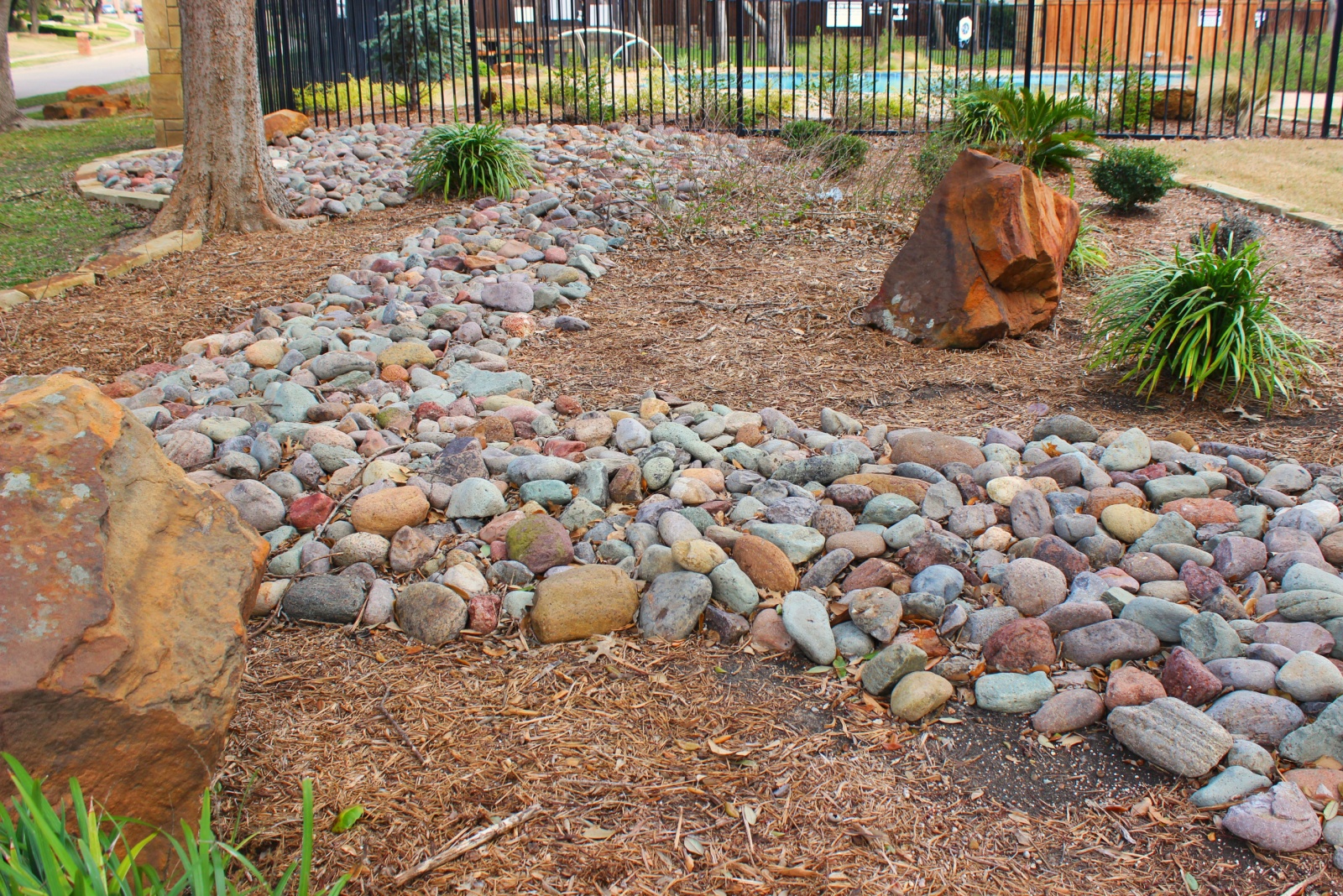
Massachusetts yards have seen their fair share of landscaping trends over the decades, from colonial-inspired gardens to modern minimalist designs. Living in New England, I’ve watched garden fads sweep through our neighborhoods, with some leaving homeowners scrambling to undo the damage.
These nine landscaping trends once dominated Bay State properties but now have many Massachusetts gardeners shaking their heads and reaching for shovels to make amends.
1. Artificial Turf Everywhere
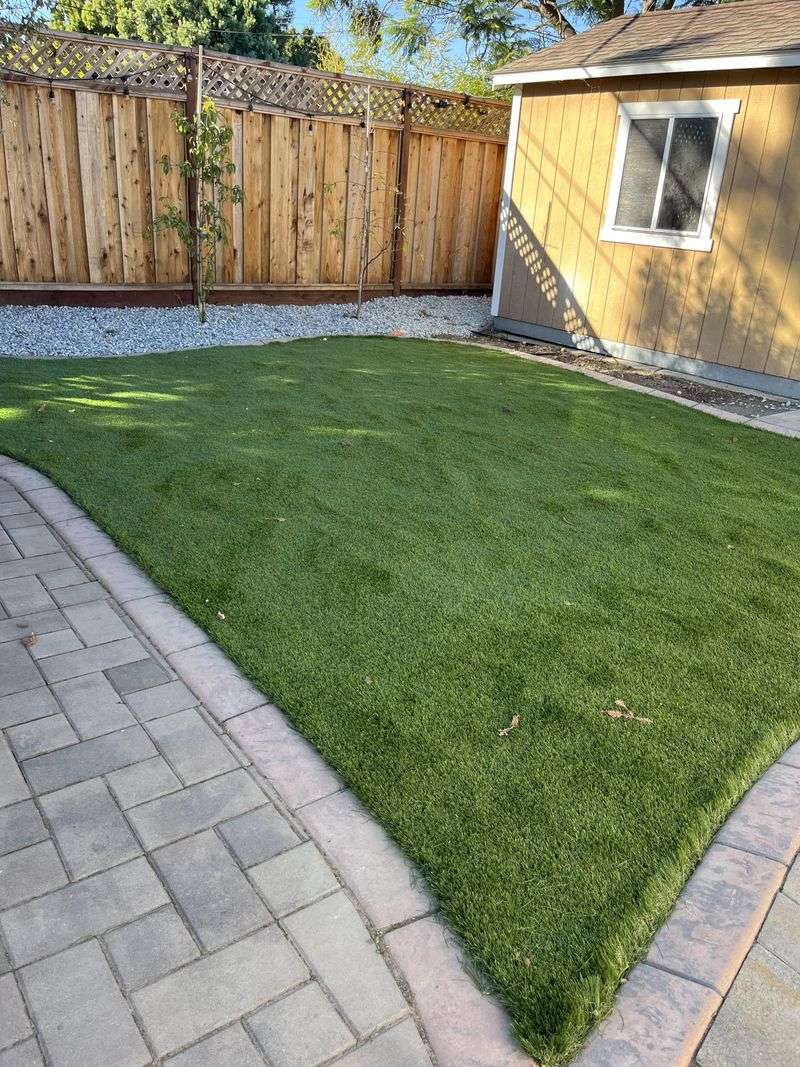
Remember when plastic grass seemed like the answer to our lawn maintenance prayers? The emerald-green carpets that never needed mowing quickly revealed their drawbacks in our Massachusetts climate.
Winter snow would crush and flatten the fibers, while summer heat turned these synthetic surfaces into scorching foot hazards. The trapped water underneath created perfect mosquito breeding grounds.
Most concerning was the environmental impact – microplastic runoff contaminating our watersheds and the lack of habitat for local insects that native plants would normally support.
2. Excessive River Rock Landscaping
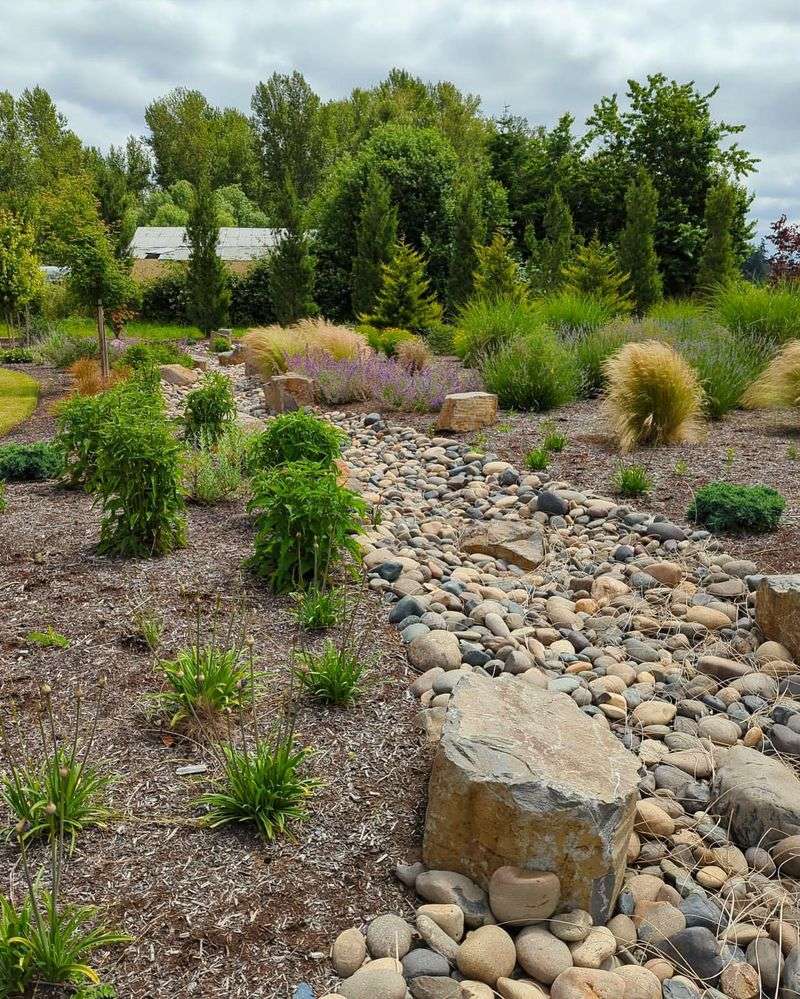
The early 2000s saw Massachusetts yards transformed into stone deserts. White river rocks blanketed garden beds from Cape Cod to the Berkshires, promising weed-free gardens forever.
Homeowners quickly discovered these rocky expanses became leaf magnets in fall, requiring constant blowing and cleaning. The stones heated up in summer, creating harsh microclimates where few plants could survive our already challenging growing conditions.
Removal proved nearly impossible as rocks sank into soil over time, mixing with dirt and creating a nightmare for future planting projects.
3. Bradford Pear Tree Obsession
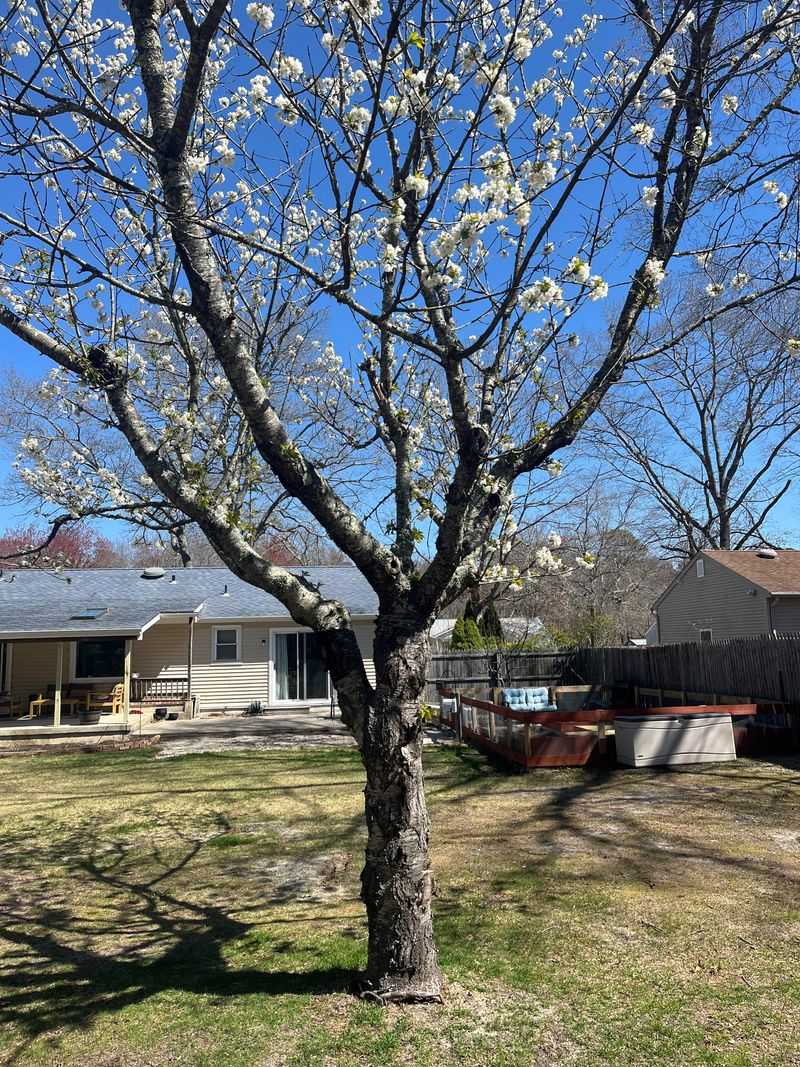
These flowering trees once lined Massachusetts suburban streets with their perfect symmetrical shapes and spring white blooms. Behind their pretty façade lurked serious problems for New England homeowners.
Notoriously weak-wooded, Bradford pears couldn’t withstand our nor’easters, frequently splitting down the middle during storms and damaging property. The overwhelming smell of their blossoms – often compared to rotting fish – made spring unbearable for many.
Worst of all, they proved invasive in our region, escaping into natural areas and outcompeting native species that support local wildlife.
4. Invasive Burning Bush Hedges
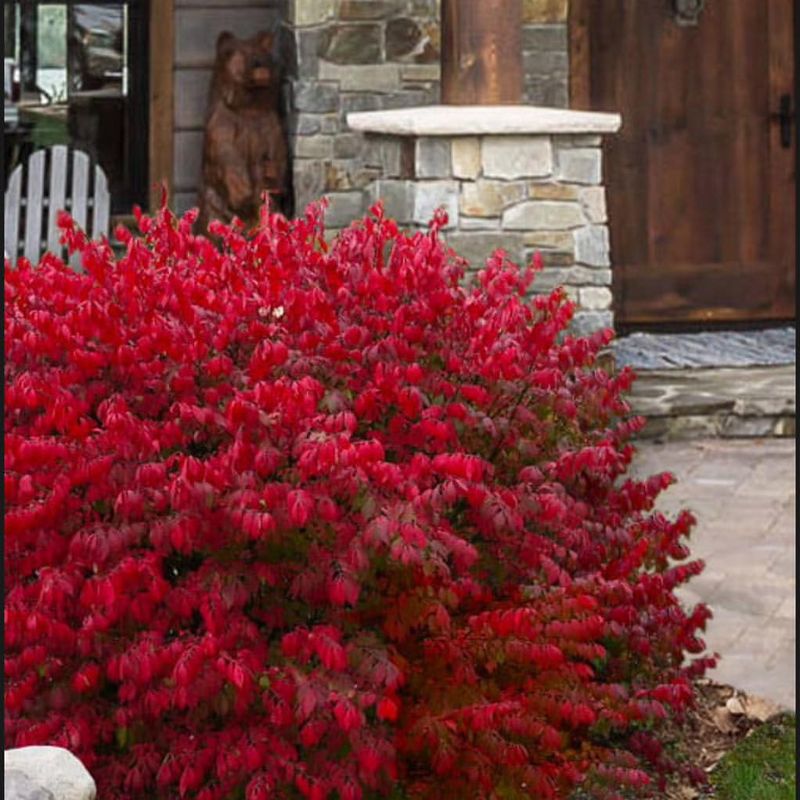
The brilliant red fall foliage of burning bush made it Massachusetts landscapers’ go-to shrub for decades. Those vibrant hedges lining driveways from Amherst to Plymouth came with a hidden cost.
State conservation officials now battle these aggressive invaders in our forests, where escaped burning bush crowds out native understory plants crucial for forest health. Their berries, spread by birds, create new invasions miles from the original plantings.
Homeowners face the difficult choice of removing established hedges that provide privacy but threaten our woodlands – a particularly tough decision in our forest-rich state.
5. Excessive Lawn Chemical Treatments
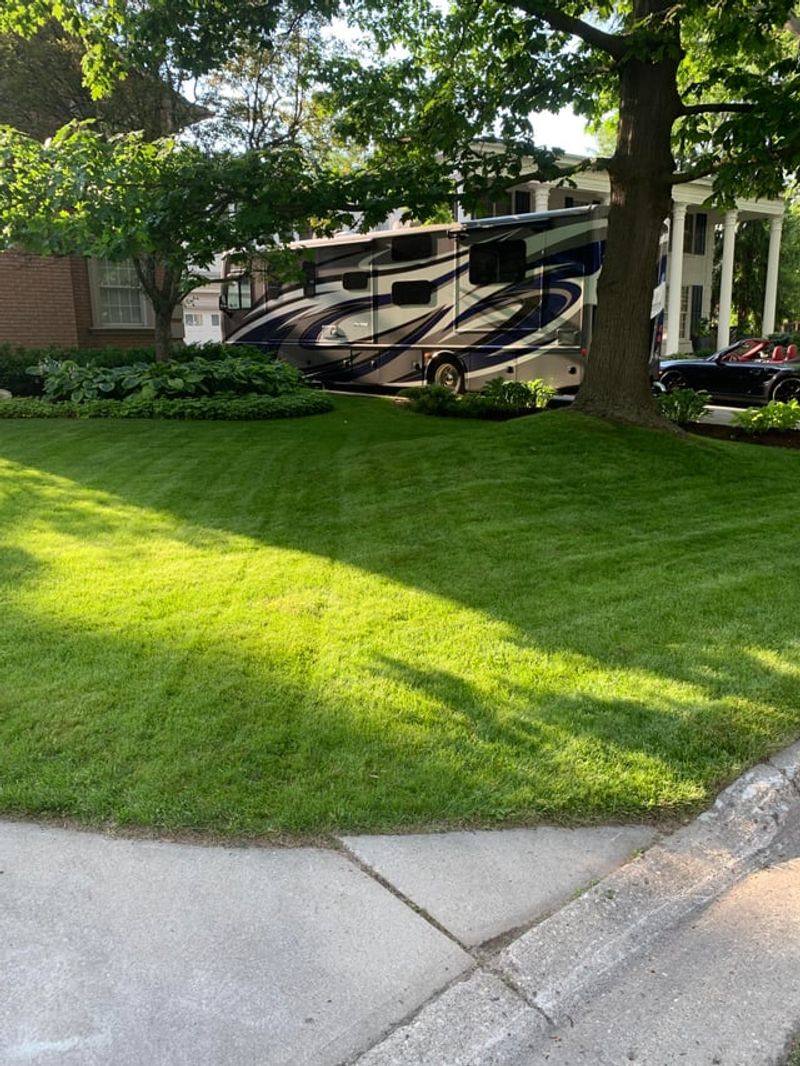
The pursuit of perfect emerald lawns once had Massachusetts neighborhoods on strict chemical regimens. Those unnaturally green rectangles required constant feeding, weed-killing, and pest control applications.
Families worried about children and pets playing on treated surfaces. The chemicals washed into our ponds, streams, and eventually the Atlantic, contributing to algae blooms and harming marine life that our coastal communities depend on.
As water restrictions became more common during our increasingly dry summers, maintaining these thirsty, chemical-dependent turf lawns became both environmentally and financially unsustainable for Bay State homeowners.
6. Railroad Tie Retaining Walls
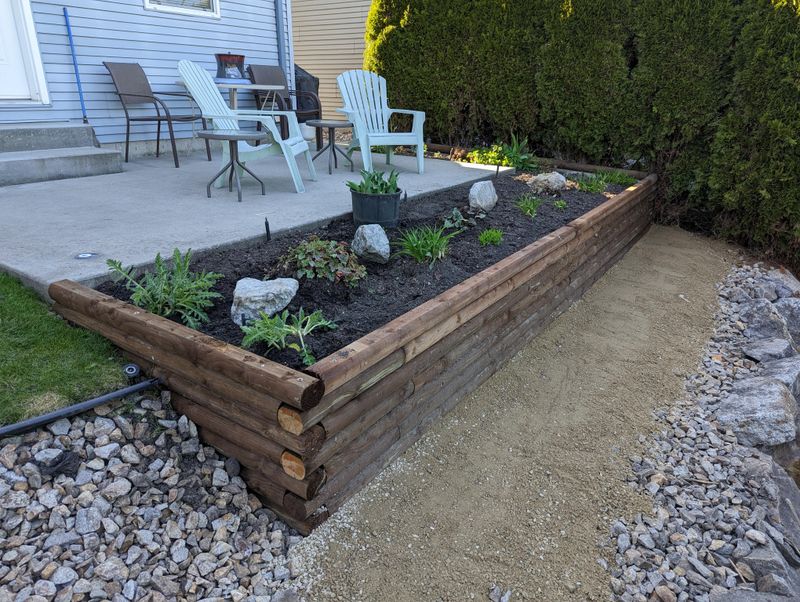
Those chunky wooden walls seemed perfect for taming slopes on our hilly New England properties. The creosote-treated railroad ties created terraced gardens that initially looked rustic and charming against our colonial architecture.
Fast forward a decade – the toxic preservatives leached into garden soil, contaminating homegrown vegetables. Massachusetts winters caused splitting and warping, creating unstable walls that threatened to collapse with each freeze-thaw cycle.
Homeowners discovered removing these heavy timbers required heavy equipment and proper disposal as hazardous waste – an expensive lesson in why modern, environmentally safer retaining wall options are worth the investment.
7. Monoculture Lawns Without Native Plants
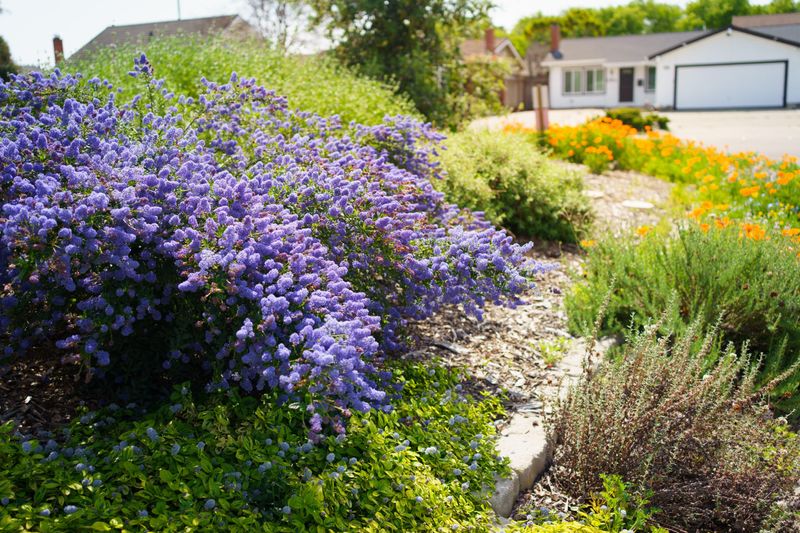
Kentucky bluegrass stretched from property line to property line across Massachusetts neighborhoods, creating green deserts devoid of biodiversity. Our state’s rich natural heritage of woodland plants was replaced by this single species demanding constant care.
These lawns provided no food or habitat for our native pollinators and birds. The lack of deep root systems made them susceptible to our region’s increasingly frequent droughts and flooding events.
Maintenance required weekend warriors to spend hours mowing, fertilizing, and watering instead of enjoying our beautiful New England summers – time better spent hiking our mountains or relaxing on Cape beaches.
8. Plastic Garden Edging
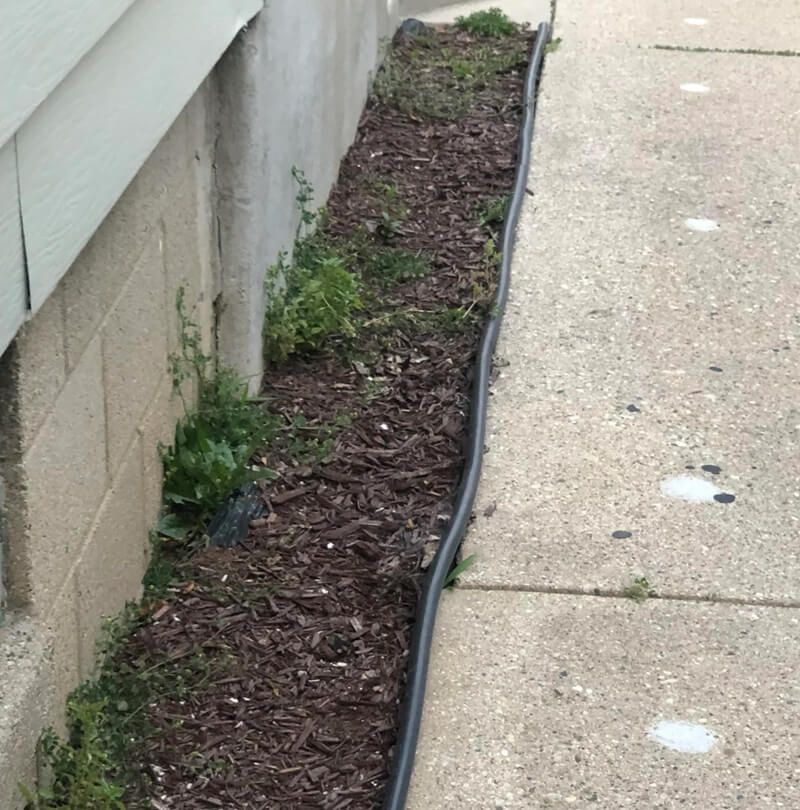
Black plastic borders once defined Massachusetts garden beds with their crisp, manufactured lines. Our freeze-thaw cycles quickly pushed these flimsy barriers up and out of the ground, creating trip hazards and lawn mower obstacles.
Sunlight degraded the material, causing it to crack and break into pieces that worked their way into soil. The harsh straight lines felt out of place against our region’s naturally rolling landscape and traditional garden aesthetic.
Gardeners spent more time fixing and replacing these borders than enjoying their plants. Today, most Bay State homeowners prefer natural stone edging that withstands our climate while complementing our historic New England garden traditions.
9. Removing Mature Shade Trees
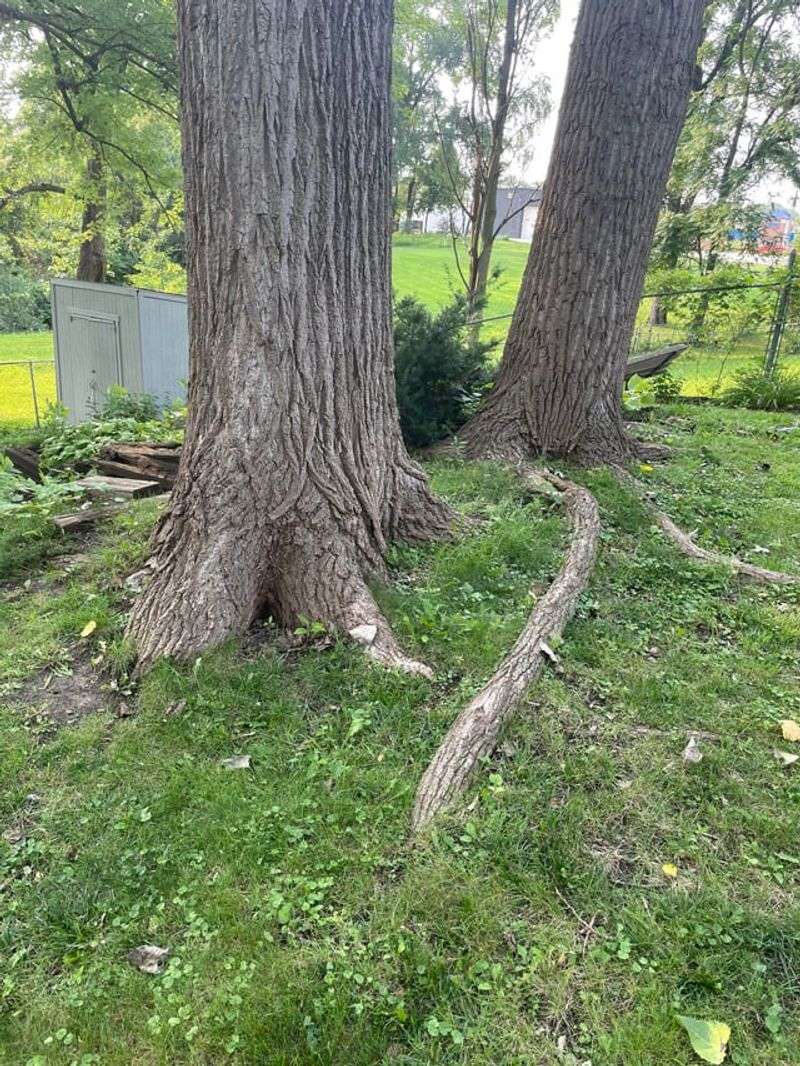
The trend of clearing century-old maples and oaks for unobstructed lawns left many Massachusetts neighborhoods baking in summer heat. Without these natural air conditioners, cooling costs soared in our increasingly hot summers.
The loss of these native trees eliminated critical habitat for birds and beneficial insects that naturally control garden pests. Their absence changed neighborhood character, particularly in historic districts where mature trees had defined streetscapes for generations.
Homeowners who removed these giants for short-term convenience now face decades of waiting for replacements to grow – a particularly painful reality in our northern climate where trees grow more slowly than in southern states.

